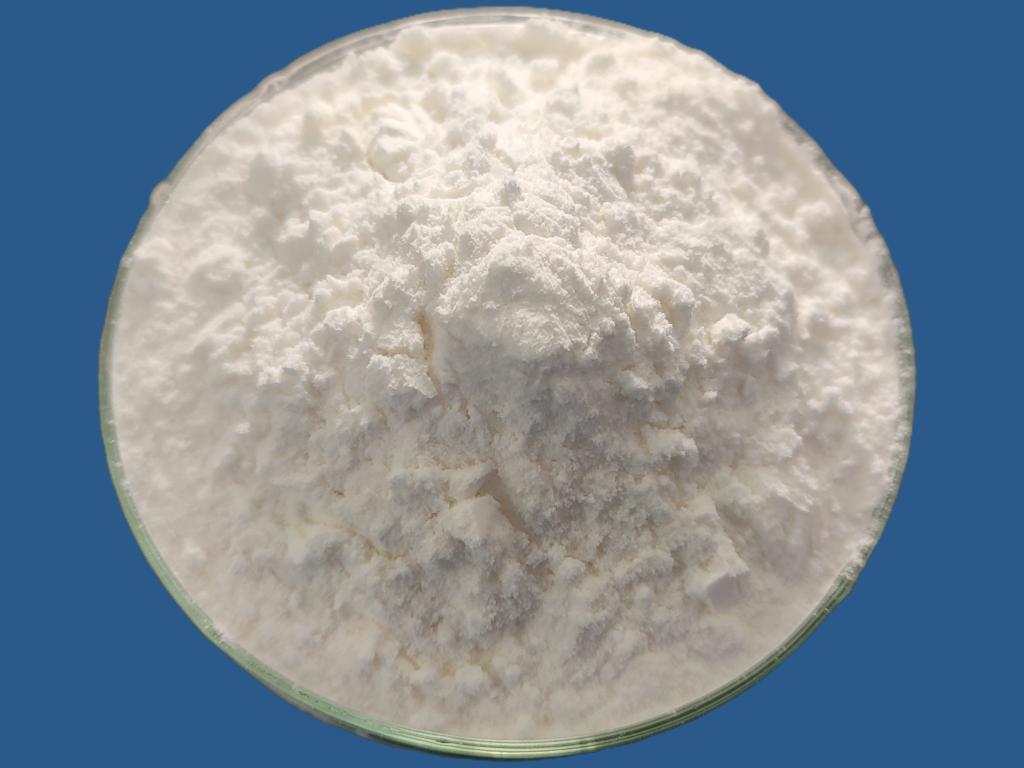Tel:+8618231198596

News
 CONTACT
CONTACT
 CONTACT
CONTACT
- Linkman:Linda Yao
- Tel: +8618231198596
- Email:linda.yao@dcpharma.cn
- Linkman:CHARLES.WANG
- Department:Overseas
- Tel: 0086 0311-85537378 0086 0311-85539701
News
Current Position:
Home >
News
>ε-Polylysine hydrochloride offers a natural alternative to synthetic preservatives.
ε-Polylysine hydrochloride offers a natural alternative to synthetic preservatives.
TIME:2024-03-22
Understanding ε-Polylysine Hydrochloride:
Derived from microbial fermentation, ε-polylysine hydrochloride is a biopolymer composed of lysine residues linked by peptide bonds. It is naturally produced by certain strains of Streptomyces albulus and possesses inherent antimicrobial activity, making it an effective preservative in various applications.
Characteristics of ε-Polylysine Hydrochloride:
Natural Origin: ε-Polylysine hydrochloride is derived from natural sources and produced through fermentation processes, aligning with consumer preferences for clean-label and natural ingredients.
Antimicrobial Activity: ε-Polylysine hydrochloride exhibits broad-spectrum antimicrobial activity against bacteria, yeasts, and molds, making it effective in inhibiting microbial growth and extending the shelf life of food and cosmetic products.
Water Solubility: ε-Polylysine hydrochloride is highly water-soluble, allowing for easy incorporation into aqueous formulations without affecting product appearance, texture, or sensory attributes.
Mechanisms of Action:
The antimicrobial activity of ε-polylysine hydrochloride is attributed to its cationic nature and molecular structure:
Disruption of Cell Membranes: ε-Polylysine hydrochloride interacts with negatively charged components of microbial cell membranes, disrupting membrane integrity and leading to cell lysis and death.
Inhibition of Enzymatic Activity: ε-Polylysine hydrochloride inhibits key enzymes involved in microbial metabolism, impairing essential cellular processes and inhibiting microbial growth.
Applications in Food Preservation:
Dairy Products: In the dairy industry, ε-polylysine hydrochloride is used to extend the shelf life of cheese, yogurt, and other dairy products by inhibiting the growth of spoilage bacteria and pathogens.
Meat and Poultry: ε-Polylysine hydrochloride helps prevent microbial contamination in meat and poultry products, reducing the risk of foodborne illnesses and improving product safety and quality.
Beverages: ε-Polylysine hydrochloride is utilized in preserving various beverages, including fruit juices, soft drinks, and alcoholic beverages, by inhibiting microbial spoilage and maintaining product freshness.
Applications in Cosmetics Preservation:
Skincare Products: ε-Polylysine hydrochloride serves as a natural preservative in skincare formulations, such as creams, lotions, and serums, to prevent microbial contamination and ensure product stability and safety.
Personal Care Items: ε-Polylysine hydrochloride is incorporated into personal care items, including shampoos, conditioners, and body washes, to inhibit the growth of bacteria and fungi and maintain product integrity.
Regulatory Considerations:
ε-Polylysine hydrochloride is approved for use as a food additive and cosmetic ingredient in many countries, including the United States, the European Union, and Japan. Regulatory agencies such as the U.S. Food and Drug Administration (FDA) and the European Food Safety Authority (EFSA) have evaluated its safety and established acceptable levels for use in various applications.
Environmental Implications:
As a naturally derived preservative, ε-polylysine hydrochloride offers environmental benefits compared to synthetic additives. Its biodegradability and low environmental impact make it a sustainable choice for reducing chemical pollution and promoting eco-friendly product development.
Conclusion:
ε-Polylysine hydrochloride stands out as a natural alternative to synthetic preservatives, offering effective microbial control, regulatory compliance, and environmental sustainability. Its broad-spectrum antimicrobial activity and natural origin make it a versatile ingredient in food, cosmetics, and personal care products. As consumer demand for clean-label and eco-friendly solutions continues to rise, ε-polylysine hydrochloride presents a promising opportunity for manufacturers to meet these evolving preferences and differentiate their products in the market.
- Tel:+8618231198596
- Whatsapp:18231198596
- Chat With Skype







